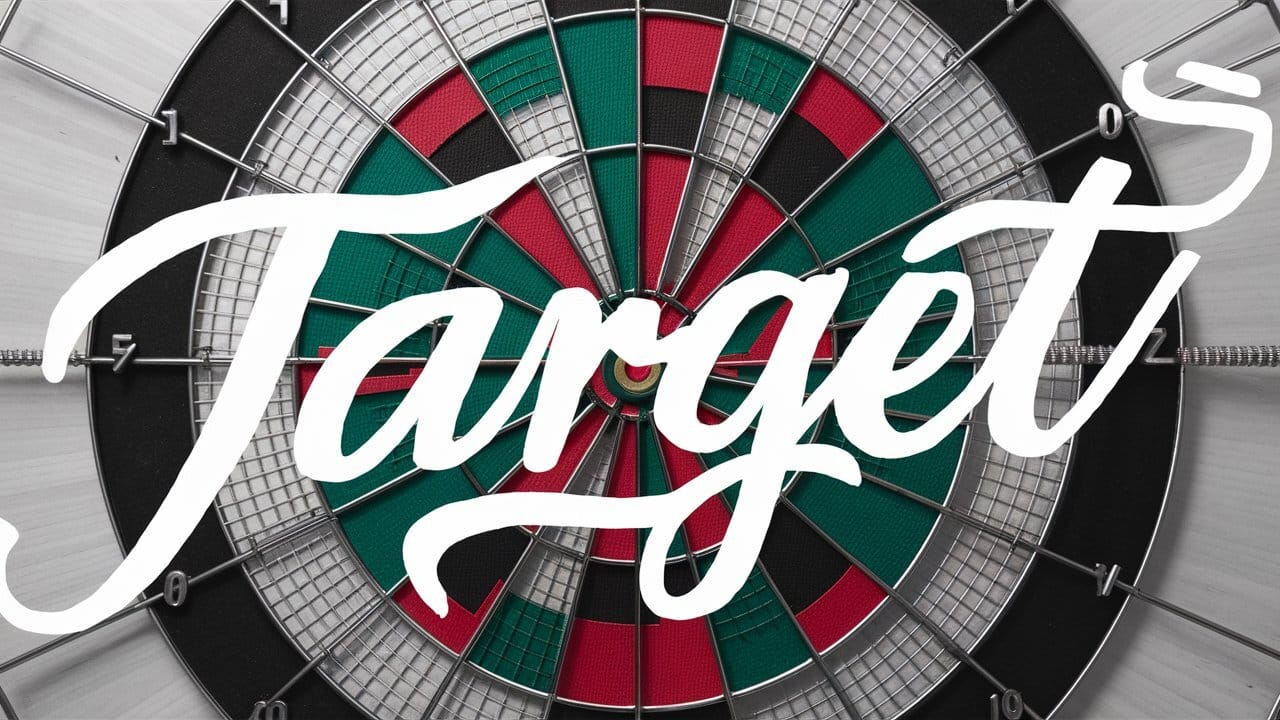- The GCSE Insider
- Posts
- 🧐 8 study skills parents can help students develop this summer
🧐 8 study skills parents can help students develop this summer
🎯 Effective Goal Setting for GCSE Success
In Today’s Email;
Dear Parents,
Give your child a head start on their GCSEs this summer!
Over the next 8 weeks we will be help you structure the summer by providing you with skills that you can help your child develop to improve their learning in September. Whether they are doing GCSEs or A-levels these are skills that will help.
Today’s newsletter explores the valuable skill of SMART goal setting. Learn how these targeted approaches can improve focus, boost motivation, and ultimately lead to exam victories.
Set goals that are smart and achievable!
We all know that setting goals is important, but did you know that not all goals are created equal? Enter SMART goals: Specific, Measurable, Achievable, Relevant, and Time-bound. This framework can transform how your child approaches their GCSE revision, making their study sessions more focused and productive. You can set SMART goals for anything over the holidays and practice the technique ready for September.

What are SMART goals?
🔹 Specific: Clear, concise goals are easier to follow. Instead of saying "study more," aim for "study two chapters of biology."
🔹 Measurable: Goals should have criteria that allow you to track progress. For instance, "complete 20 math problems" is measurable.
🔹 Achievable: Set realistic goals that your child can attain. Overly ambitious goals can lead to burnout and frustration.
🔹 Relevant: The goals should align directly with their GCSE objectives, ensuring that every effort contributes to exam success.
🔹 Time-bound: Deadlines create a sense of urgency. For example, "Finish reading Act 1 of Macbeth by Friday."
Examples of SMART Goals
Here are a few examples to get you started:
"Complete one past math paper under timed conditions by next Monday."
"Memorise 15 French vocabulary words and use them in sentences by the end of the week."
"Write a practice essay for English Literature, focusing on structure and coherence, by Sunday evening."
🚀 Boosting Motivation with Rewards and Breaks
Staying motivated during revision can be tough. But a sprinkle of rewards and well-timed breaks can make a world of difference!
Why Rewards and Breaks Matter
Incorporating rewards and breaks into your child's study routine isn't just about giving them a treat. It’s about creating a balanced approach to studying that keeps their spirits high and their focus sharp.
Rewards serve as incentives. They provide a tangible goal for your child to work towards, making those long hours of revision feel more worthwhile.
Breaks, on the other hand, are essential for mental recovery. They help prevent burnout and keep the brain fresh and ready to absorb more information.
Reward Ideas to Keep the Momentum Going
Not every reward has to be a grand gesture. Sometimes, the smallest tokens of appreciation can have the biggest impact. Here are a few ideas:
Extra Screen Time: Allow an extra 30 minutes of their favourite TV show or video game.
Sweet Treats: A small chocolate bar or a favourite snack can be a delightful surprise.
Activity Vouchers: Create homemade vouchers for activities they enjoy, like a trip to the shops, cinema trips with friends or a family movie night.
Remember, the key is to tailor rewards to what your child values most. This makes the reward system more effective and personalised. The summer holidays is a great low stress time to talk about rewards and what they would be motivated by.
Scheduling Breaks the Smart Way
Effective breaks are those that rejuvenate but don’t distract. One example is the 25-5 Rule: Encourage your child to study for 25 minutes and then take a 5-minute break. This aligns with the Pomodoro Technique, which has been proven to enhance focus and productivity.
Incorporating these strategies into your child’s study routine can lead to a more motivated, focused, and happier student.
For more support check out our Science study course.
We will be back next week with part 2 of this study skills summer series. 🚀
